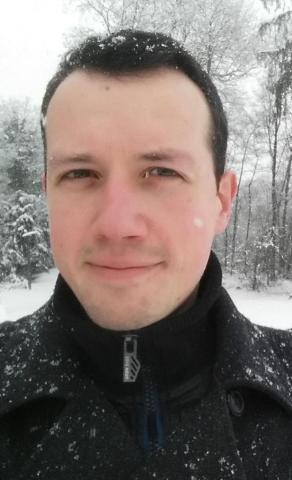In our community, each individual has a sense of belonging to Wallonia.
However, it is sad to see that the future generation has not really developed a sense of belonging other than the simple fact of having family and friends in Wallonia. Sometimes, young people dislike Wallonia, or their own region or town.
Take the example of Charleroi, elected "the ugliest city in the world" by the daily Dutch language newspaper "De Volkskrant" in 2008. It is criticised in the press for its high unemployment, its abandoned factories, its political skulduggery, etc.
Apart from a few exceptions, it is not at school that we learn about Wallonia, apart from the history lessons in which students are forced to learn by heart what happened at a time when their own had not yet been born. How can they feel affected personally?
When they arrive at universities and higher education institutes, students learn to look after themselves, they become independent and start to make their own choices that will influence their professional life, their life as a responsible adult. That is when it is possible for them to undertake a sort of rite of passage from life as a child to life as an adult.
Indeed, at most higher education institutes and universities, there are "Cercles Estudiantins" that offer newcomers the chance to pass their "baptême estudiantin" (sort of introduction into the student world). The simple choice of wanting to try something new is, in itself, a form of independence vis-a-vis their parents. Each of these "cercles" has its own story, its own folklore and its own practices, but its way of working, its rules and values are often the same. Learning and adhering to these values is the key to passing the tests. With the principles being: fraternity, solidarity, respect for others and for oneself, knowledge of oneself and one's limits, self-derision, folklore and tradition.
During this experience, candidates wishing to carry the adventure through to the end have to learn the habits and customs of their "cercle", the history and anecdotes of their region and Walloon student folklore. With "cercles estudiantins" being open with each other, the importance of an interest in others is essential, with each one explaining its own folklore and history. No need to specify also that these encounters help to build a social network which often later becomes a professional one.
The press continues to criticise this life experience. But, despite all the column inches devoted to the subject and what is said;
I am proud to be “baptisé”
I am proud to be “Carolo”
I am proud to be “Wallon”
Don't forget that it is important to form your own opinions.

